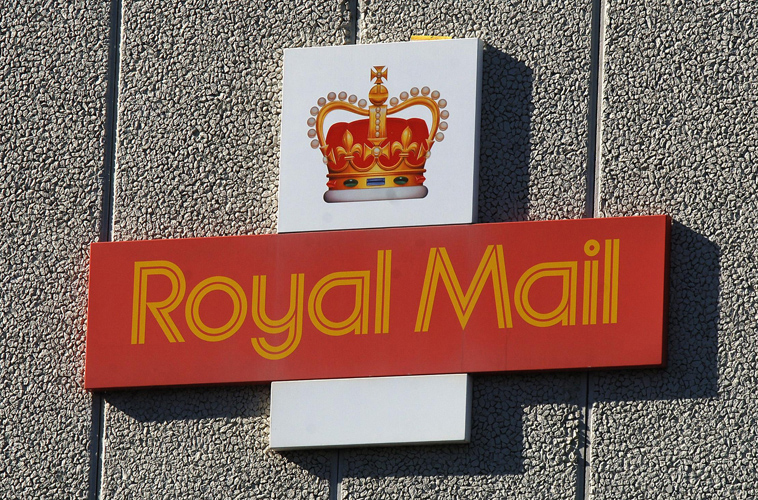Investing
Monday newspaper round-up: Fed, Royal Mail, House prices

Summers withdraws from Fed chair race; Alex Salmond calls for moratorium on Royal Mail privatisation; London house bubble ‘threat to UK recovery’.
Lawrence Summers has taken himself out of the running to be the next chair of the Federal Reserve after a bloc of key Democratic senators indicated they would oppose his nomination. Janet Yellen, the Fed vice-chair, is now the frontrunner to replace Ben Bernanke in January, in an appointment that would make her the first woman to hold the post. Mr Summers, a former Treasury Secretary and senior economic adviser to Barack Obama in his first term, galvanised opposition among left-of-centre Democrats who painted him as a symbol of the wrongs of financial deregulation, the Financial Times writes.
Plans to privatise the Royal Mail faced potential disruption on Sunday after First Minister Alex Salmond said the move should be put on hold until after the Scottish independence referendum. Mr. Salmond demanded the moratorium so people in Scotland can have their own say on what do with the ‘public asset’ in the event of a Yes vote next September. ‘The Scottish Government is firmly opposed to the privatisation of Royal Mail and this proposed sell-off of an essential public service should be subject to a moratorium until the result of Scotland’s referendum is known,’ he said, according to The Daily Mail.
The Sultan of Brunei has secretly spent £500m buying most of Queensway, the scruffy west London thoroughfare, with the ambition of creating an estate in the image of historic landowners such as Grosvenor. In an extraordinary series of off-market swoops, Brunei’s royal family has amassed about 75% of the property on the road, which runs north from Kensington Gardens. The deals were arranged by Siahaf, a development company run by the British investor Johnny Sandelson and Mohamad Shuif Hussain, an entrepreneur from Brunei, The Times reports.
A crash in the soaring London housing market could derail the tentative recovery of the entire British economy, one of the world’s leading economists has warned. As fears rise of a new bubble in house prices, Paul Ballew, global chief economist for credit-rating group Dun & Bradstreet, said: ‘A London crash could stall the economy. It’s a big enough asset class to matter. The ripple effects of a key sector go throughout the economy in so many ways.’ Houses in the capital’s ten most expensive boroughs are now worth as much as the property markets of Wales, Scotland and Northern Ireland combined, The Daily Mail writes.
In a survey of business leaders carried out with KPMG, the Confederation of British Industry [CBI] today tells the Government to do more to develop the nation’s railway links, roads and airports, and to move faster to tie up projects and spending plans. John Cridland, the CBI’s director-general, said transport and energy should be immediate priorities, according to The Times.
Britain’s biggest listed companies run the risk of shareholder rebellions or extra taxes from the UK government if they continue to sit on their £166bn cash pile, according to a report out today. Figures show that the combined amount of gross cash amassed by FTSE 100 businesses has grown by £42.2bn, or 34%, since the financial crash of 2008 to reach a record £166bn. The increase alone is enough to pay for the HS2 rail project or meet more than a third of Whitehall’s annual fiscal deficit, The Scotsman explains.